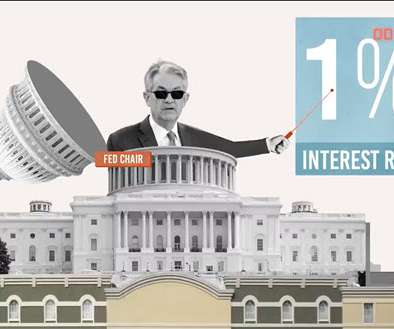Poptential™ Free Economics Curriculum Adds Content to Explain Today’s Inflation, Recession Woes
eSchool News
AUGUST 18, 2022
Modules available to address current economic trends include: ? How the pandemic influenced consumer preferences —The pandemic profoundly impacted the supply and demand of many consumer goods. Poptential curriculum includes everything instructors need to teach a subject, including lessons, e-books, bell ringers, quizzes, and tests.














Let's personalize your content